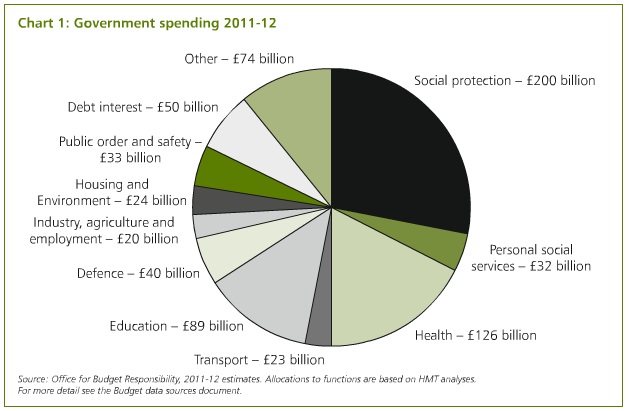Nick Srnicek, one of my fellow PhD students at the LSE (and contributor to http://thedisorderofthings.com/) asked on Facebook recently whether there was any good literature out there on why some occupations (for which I am choosing to read mass protest movements) succeed and others fail. I don’t know – it’s not my area. Probably. Probably there is plenty of material out there better than anything I can contribute. But I do have one fairly simply hypothesis. To my mind, mass protests are most successful when they reflect feelings or ideas genuinely more widely held, perhaps in the process raising awareness at all levels of society of the extent to which different people agree on a point. All protesters believe they represent the majority, but very few actually do. The LSE Student Union’s Freeze the Fees campaign foundered on minimal student buy-in and general opposition from faculty. Lacking broader support, when it decided to mount an occupation (primarily as a grandstanding opportunity rather than out of any belief it would have an impact) it had to do so without disrupting the actual business of the university. And so it was ignored. Failing to actually represent a majority guarantees irrelevance.
I have been writing recently about the Stop the War march which took place in Britain in February 2003, and about the failure of what appeared to be a massive anti-war movement to achieve its apparent aim of stopping the war. To my mind, the most significant point to recognise from the Stop the War march was that it really did reflect the views of much of the population. The most common slogan was ‘not in my name’. Most protesters (and their parliamentary allies) accepted that military action was appropriate as a last resort to enforce UN resolutions, and that Saddam Hussein was not complying with his disarmament obligations. They were concerned primarily (and probably for good reason) that the US was not taking the prospect of a peaceful resolution seriously, and secondarily for the welfare of the people of Iraq. They wanted to wash their hands of the unseemly rush to war, and its likely negative consequences. But they did not disagree with the underlying goals of the policy, and they certainly were not willing to overthrow their own government to ensure it was abandoned. One could argue that the march succeeded in achieving the goals its members and those they represented sought; they disassociated themselves from the unseemly rush to war and the negative consequences of an invasion of Iraq, while not actually stopping military action being taken against a regime for which they had no sympathy. The most interesting fact about the anti-Iraq-war protests was not that they failed, but that they happened at all considering the relatively high proportion of the British public which would, in the right circumstances, have supported the campaign.
New York is currently experiencing a public protest named ‘occupy Wall Street’, at present a vague anti-corporate sit-in which has been garnering some international media attention. One of Nick’s friends shared this link to a Washington Post article which discusses the ways in which the protests could ‘succeed’ – in inverted commas because one of the requirements is the development of a coherent set of concrete demands, in effect a set of criteria by which success can be judged. Others include the acquisition of institutional support and the inclusion of a wider range of interested people; at present the movement speaks for but not necessarily on behalf of the economically disadvantaged. That great economic malaise exists means there is a potential constituency out there from which Occupy Wall Street might yet derive greater democratic legitimacy. It has been suggested that Occupy Wall Street could yet do on the American Left what the Tea Party did on the Right; corral a general sense of disaffection with the current order into a (semi-)coherent political movement. The Economist’s conclusion here, that ultimately the way to success runs through the ballot box, is probably a good one. For, in a democracy in particular, the most successful protest movements are those which move beyond protest to become part of the mainstream.
I think, then, that each of the key requirements of Occupy Wall Street, and indeed of any protest movement seeking actually to achieve its goals, can be reduced to the simple need to represent the majority, and to leverage that representativeness to influence the political process. Protests succeed when they represent the mainstream, perhaps in some unanticipated way, and when by raising awareness and using their acquired notoriety to access the existing political process they manage to shift the agenda of public debate so that the gap between protesters’ slogans and mainstream political views disappears. The problem, of course, is that then they would cease to be protesters.




